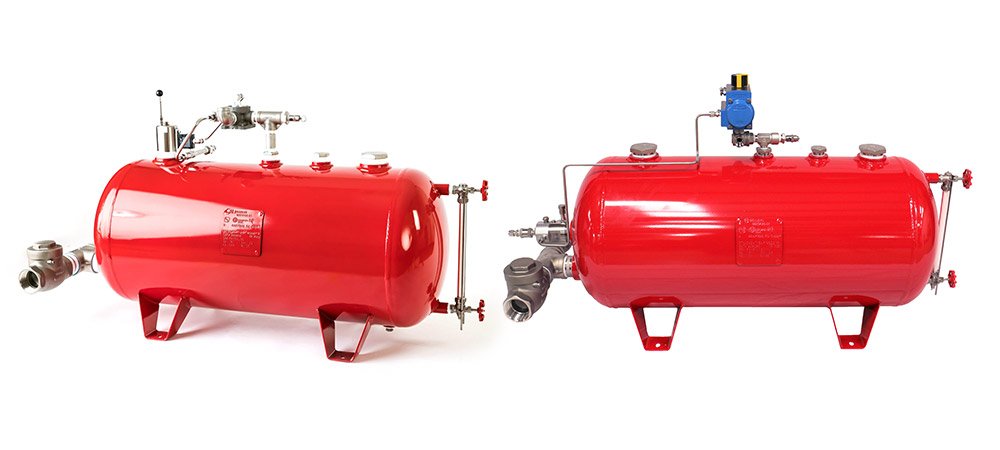What to Consider Before Purchasing a Waste Management Tank

Looking into Jatco J 7000 waste management tanks—smart move. Whether it is for business use, municipal desires, or a huge industrial challenge, investing in the right waste tank isn’t just about ticking a container. It’s approximately long-term reliability and protection and allows be honest, fending off a whole lot of highly-priced complications down the street. But with so many alternatives obtainable, how do you realise which one’s proper?
Well, hold tight. We’re going to walk through the essential things to think about before you buy one of these big beasts. (Because once it’s on-site and full of sludge? Yeah, there’s no going back.)
1. Know Your Waste
Let’s start with the basics: What exactly are you storing or managing? The type of waste—chemical, biological, oil-based, or something else entirely—makes a huge difference in tank design and material.
For instance, some waste types are highly corrosive. If you don’t pick a chemically compatible tank, you’re setting yourself up for failure—literally. Cracks, leaks, and contamination can cost you thousands in fines and repairs. Not fun.
Make sure the tank you’re eyeing can handle the specific waste streams you’re dealing with. That means checking its material, coating, pressure rating, and temperature resistance.
2. Sizing Isn’t Just About Volume
It’s tempting to think bigger is better, right? Not always. Over-sizing can be just as problematic (and wasteful) as under-sizing. Instead of just asking, “How much waste do we generate weekly?” also consider:
- Peak output periods – Are there times of the year when waste production spikes?
- Collection schedule – How often is the tank emptied?
- Space constraints – Does the physical space accommodate the size you’re considering?
The Jatco J 7000 waste management tanks come in sizes suitable for various applications but don’t just default to the largest one. A well-calculated fit can save money, space, and energy.
3. Site Conditions Matter More Than You Think
Where is the tank going? Indoors? Outdoors? Underground? On a slope behind the facility next to the old generator? Don’t laugh—these decisions are more common than you’d think.
You’ll need to consider:
- Soil stability
- Drainage patterns
- Accessibility for maintenance
- Local environmental regulations
All these factors affect not just installation, but long-term tank performance and compliance. A poorly placed tank can lead to issues like overflow, leaks, or worse—environmental violations. Yikes.
4. Think Long-Term Maintenance (Really)
Look, no one loves maintenance. But trust me, you’ll love emergency cleanups a whole lot less. Before committing to a tank, ask yourself (and the supplier):
- Is it easy to clean?
- Can key parts be accessed without dismantling the whole unit?
- Are spare parts (like gaskets and valves) readily available?
A well-designed tank should include easy-access manways, proper venting, and compatibility with standard service tools. Some systems even include remote monitoring. If you’re managing a fleet or multiple locations, that’s a game-changer.
And speaking of design—let’s not forget about jatco shell and tube components. These heat exchangers are sometimes integrated with waste tanks in more advanced setups. They help regulate temperatures for biological or chemical waste and improve system efficiency. If your waste management involves any sort of temperature control, it’s worth asking your supplier how these can fit into the overall system. They’re unsung heroes in industrial waste setups.
5. Regulations, Baby
I get it—nobody enjoys diving into codes and standards. But local, state, and federal environmental regulations aren’t optional. The last thing you want is to buy a tank that doesn’t meet containment or emissions rules in your region.
Before purchase, make sure the tank:
- Meets EPA, OSHA, or local environmental compliance standards
- Includes secondary containment options (if required)
- Comes with necessary certifications or documentation
Oh, and double-check zoning regulations too. In some areas, installing a tank may require permits, inspections, or even community approval.
6. Warranty & Support—Read the Fine Print
Not all warranties are created equal. Some are as thin as tissue paper. Others have your back. Before clicking “order now,” read the terms carefully:
- How long is the warranty?
- What does it cover (structural issues only, or also fittings and valves)?
- Does the manufacturer offer installation support or tech help?
Jatco, for instance, is known for providing solid post-sale support. That kind of customer service is priceless when something goes sideways six months down the line.
7. Customization & Add-Ons
Need a built-in filtration system? Want smart sensors to track fill levels and alert you via the app? Looking to install multiple tanks in tandem?
These aren’t luxuries—they’re modern necessities in many setups. Some suppliers offer customized Jatco J 7000 waste management tanks with optional accessories like mixers, level gauges, vent scrubbers, and more. Ask about them. If you’re investing this much, might as well future-proof your system, right?
8. Reputation & Reviews
It’s 2025. You don’t buy a pair of socks without checking reviews—so don’t skip this for something as serious as a waste tank.
Google the manufacturer. Check third-party review sites. Call other facilities in your industry and ask what they use. You’d be surprised how honest people get when you just ask, “Hey, would you buy from them again?”
Spoiler: If a company like Jatco has repeat clients and solid testimonials, that says a lot.
Final Thoughts
Buying a waste management tank isn’t just a purchase—it’s an investment in your operations, your compliance, and your peace of mind. Whether you go with a standard tank or a jatco shell and tube system-enhanced setup, the key is to do your homework, ask the right questions, and never settle for “good enough.”
Because in the world of waste management, “good enough” usually isn’t.
So take your time. Reach out to experts. And if you’re eyeing the Jatco J 7000 waste management tanks, you’re already on the right track.
After all, managing waste smartly isn’t just good for the environment—it’s good for business, too.




